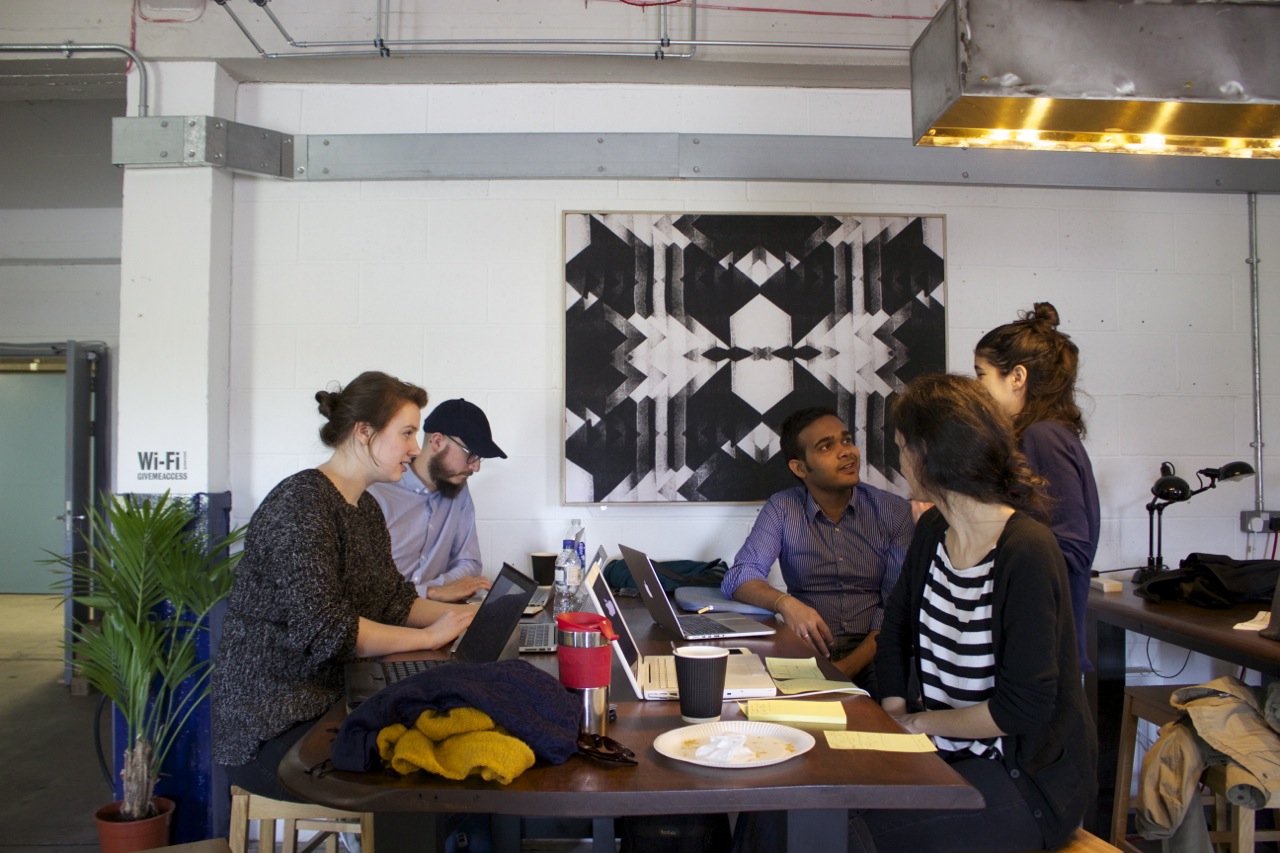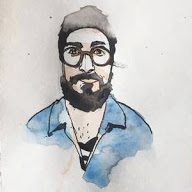CREATe, the Centre for Copyright and New Business Models in the Creative Economy, hosted a hackathon on 13th and 14th May. The event took place over 24 hours, from the evening of Friday 13th at 18:00pm until Saturday 14th at 20:00pm, in the Distillery workspace at The Whisky Bond.
Our team
XPMGla was represented by: Elina, Irina, Maribel, Stuart, and Swagatam.

Our challenge
We took on Challenge 2: Understand what drives creativity in online markets.
It has been argued that strong copyright protection is required to stimulate creativity. But as platforms like Kickstarter and Steam demonstrate, alternative business models and consumer practices have emerged. A challenge for CREATe is to understand how these new creators achieve success and earn revenue in the digital environment. Until now, their research in this area has used human research assistants to manually collect and interpret data from digital markets. However, given humans are relatively slow, expensive, and subject to bias, they would like to be able to carry out text mining on a much larger corpus of creative goods in online marketplaces in real time.
Our research question
Can we find and present evidence that protection (high or low) impacts creative production?
Our approach
We decided to respond to the research question in relation to copyright control in the video games industry, with specific regard to user-made modifications (or ‘mods’) to existing games.
Defining our terms from the question, then, we took these types of modification to be a form creative production, with copyright controls as the applicable form of protection.
Our pitch
The result
Team #XPMgla ONLY WENT AND WON! pic.twitter.com/xVr8Jvkxzo
— Stuart James Purcell (@stujampur) 14 May 2016
CREATe is an interdisciplinary research centre at the University of Glasgow studying the role of copyright in society. They support reforming copyright law to better reflect the needs of users while promoting a vibrant public domain. One of the major challenges they face is that they generate a lot of data, but are not always able to visualise it effectively. In order to have an impact, they need to communicate findings to policy makers and the public. Media companies and rightsholders have asked for stronger and stronger copyright protection. Their data suggest that other approaches may be better. CREAte wanted help presenting the best evidence for copyright reform to politicians, industry and the public. The purpose of the hackathon was therefore to explore ways to innovatively mine, analyse and visualise data about the effects of copyright.
